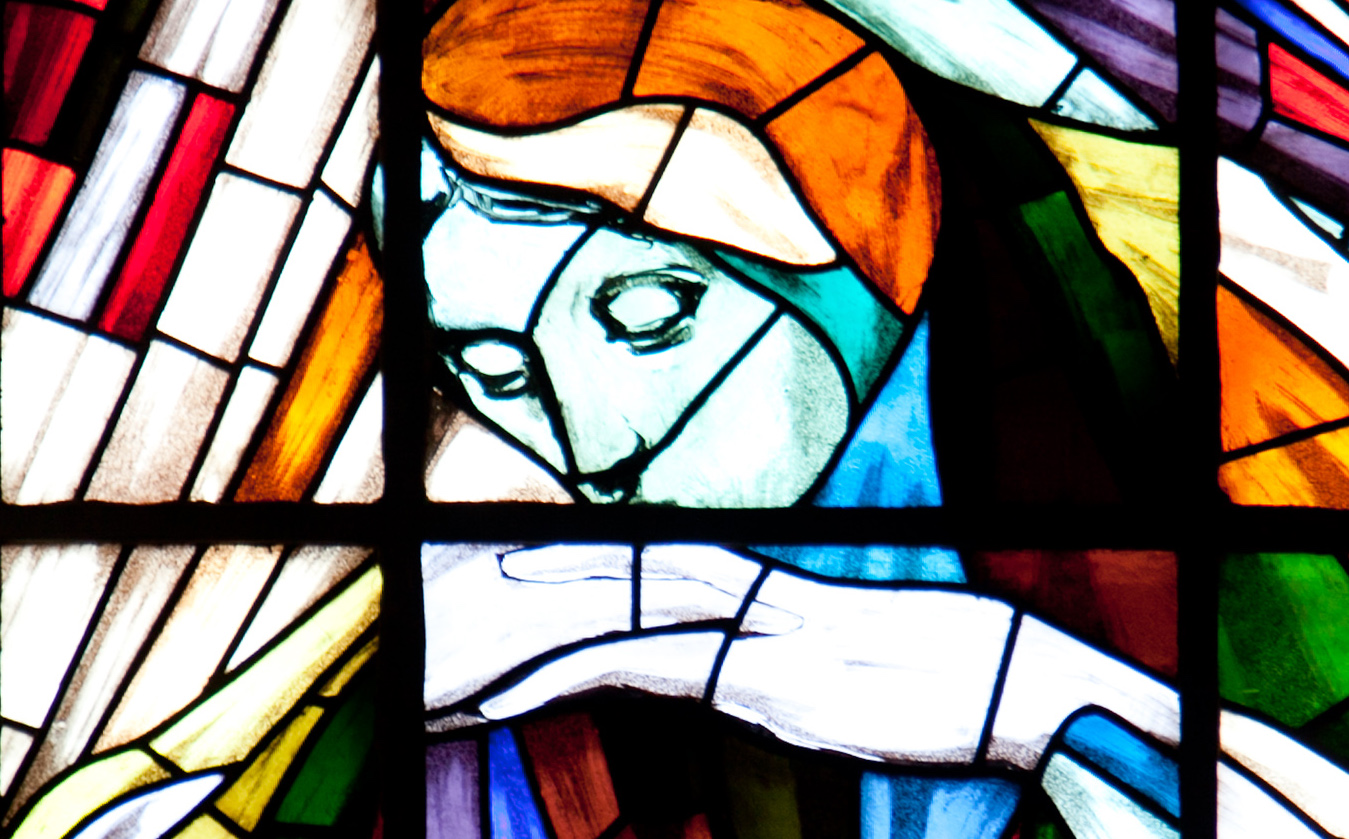
Adoration
In its first apparition, the Angel presents himself with a call to the adoration to God. Prostrated, bowed down until his forehead touched the earth, convokes the three children to the adoration, which transforms faith into hope and love: “My God I believe, I adore, I hope and I love you. I ask pardon of You for those who do not believe, do not adore, do not hope and do not love You!” This character of adoration in faith, which ends in a reparation disposition in hope and in love, is achieved by the prayer taught by the Angel to the little shepherds in his last apparition: “Most Holy Trinity, Father, Son and Holy Spirit, I adore You profoundly, and I offer You the most precious Body, Blood, Soul and Divinity of Jesus Christ, present in all the tabernacles of the world, in reparation for the outrages, sacrileges and indifference with which He Himself is offended. And, through the infinite merits of His Most Sacred Heart, and the Immaculate Heart of Mary, I beg of You the conversion of poor sinners.”
Fatima recalls the centrality of the adoration as an inner disposition that places us before God, mystery of grace and mercy. The grammar of adoration is the humble offer of the existence to the hands of God; it is the acknowledgment of God as God and the recognition of us as a beloved son. In this process, the believer, his vision and his actions become purified, in the light of love shared by God Himself.
The little shepherds were prodigals in the spirit of adoration. It’s surprising the contemplative way in which Francisco seeks the recollection and silence to “think about God” and to comfort Him.
|
